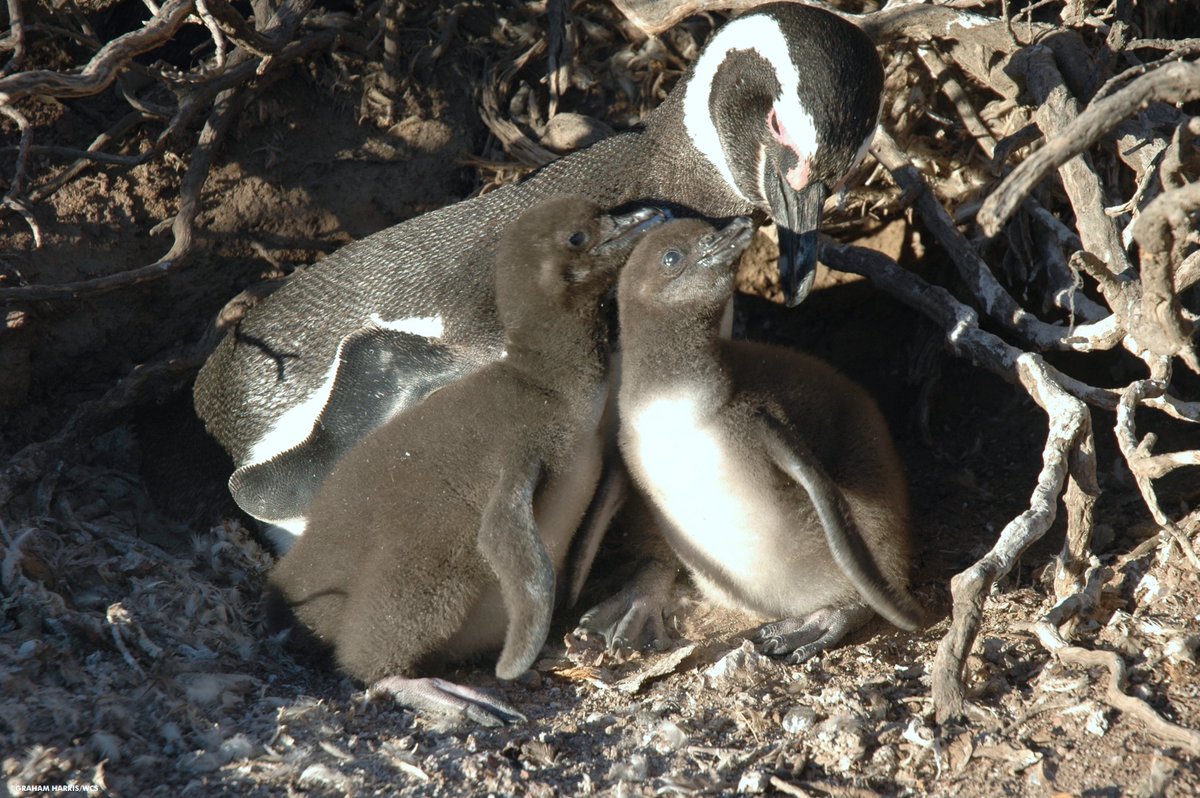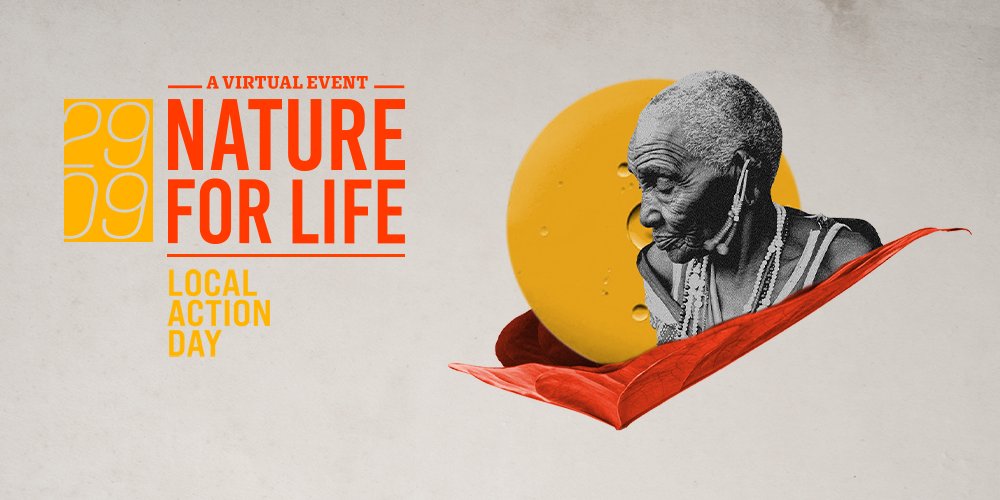Sunday is #PenguinAwarenessDay. In honor, these are Magellanic, rockhopper, and gentoo penguins in Argentina and the Falkland Islands (Malvinas) photographed by our own Graham Harris. 1/4 





The Magellanic is particularly iconic and abundant in these parts. About 1 million pairs of them breed along coast of Patagonia. 2/4 

Up until mid-1990s, about 40,000 Magellanic #penguins died each year due to oil pollution at sea. 3/4 

The situation is vastly improved today. But challenges remain, including negative impacts from climate change. WCS is at the center of effort to protect them. 4/4 

• • •
Missing some Tweet in this thread? You can try to
force a refresh
















